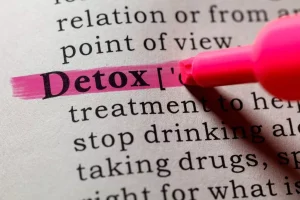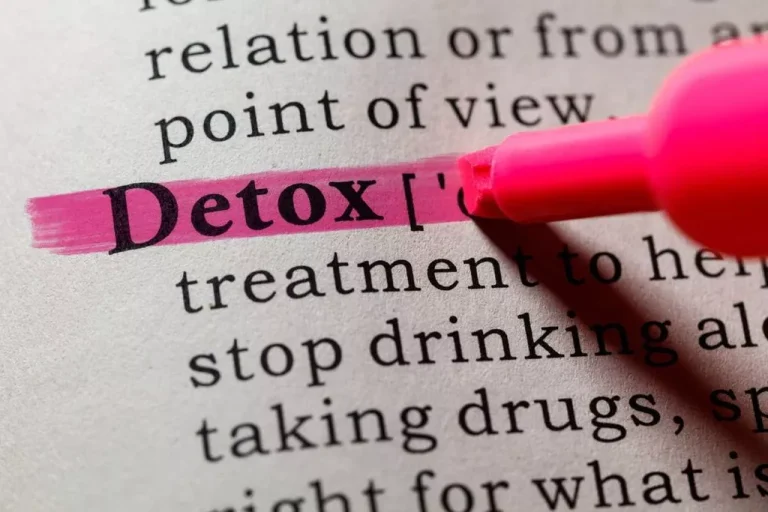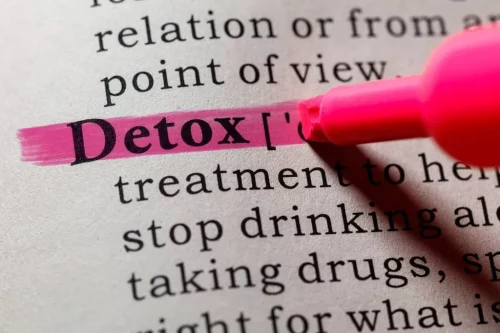
Alcoholic cardiomyopathy is a type of heart disease that is the result of alcohol abuse. The first clinical recognition of ACM was performed by Hippocrates in Greece during the 4th century B.C. However, its modern clinical report was delayed until the 19th century, where specific ACM cases were clinically described in Germany and England 1. During the 20th century, the physiopathological basis for ACM was progressively established 6.

Treatment
In some cases, dizziness can lead to fainting, particularly during episodes of what is alcoholic cardiomyopathy irregular heartbeat. Irregular heartbeats, or arrhythmias, are present in about 40-50% of patients with alcoholic cardiomyopathy. Alcohol can directly affect the heart’s electrical system, leading to abnormal rhythms like atrial fibrillation or ventricular tachycardia.
- Patients may notice swelling in the legs, abdomen, or other areas as fluid accumulates.
- Once the damage is considered irreversible, it’s difficult for the heart and rest of the body to recover.
- The direct dose-dependent effect between alcohol intake and development of ACM is clearly established 50,52, women being more sensitive than men to the toxic effects of ethanol on the heart 46.
- Once free from alcohol, substance abuse treatment and medical treatments for alcoholic cardiomyopathy can begin.
- Many treatment programs offer ongoing support groups that continue to meet and provide peer support or recommend attending community support groups like Alcoholics Anonymous (AA).
Treatment / Management

Daily alcohol consumption of 80 g per day or more for more than 5 years significantly increases the risk, however not all chronic alcohol users will develop Alcohol-induced cardiomyopathy. The patient’s delirium tremens was treated with benzodiazepines, and her congestive heart failure was treated with diuretics and an angiotensin-converting enzyme (ACE) inhibitor. The pancytopenia and elevated liver enzyme levels resolved within a few days of hospital admission, with abstinence from alcohol. A dipyridamole stress test performed seven days after admission revealed no myocardial ischemia. The patient’s ejection fraction was calculated at 58%, and she was discharged on a diuretic, an ACE inhibitor and a beta-blocker. Her baseline laboratory evaluation showed pancytopenia, abnormal liver function tests (Table 1) and elevated cardiac enzyme levels (Table 2).
- At ultrastructural level, dysfunction on the transition pore in the inner membrane is related to ethanol exposure 111.
- The exact mechanism by which an increased adherence to the traditional Mediterranean diet exerts its favorable effects is not known.
- Patients usually experience relief from swelling and shortness of breath within days of starting diuretics, though ongoing monitoring is needed to prevent dehydration and electrolyte imbalances.
- Finally, it is worth stressing that a large majority of studies on the physiopathology and prognosis of ACM were conducted some years ago, prior to the development of our current understanding regarding the role of genetics in DCM67.
- The findings were analysed taking into account the amount and chronicity of intake and they were compared with the same parameters measured in a control group of non-drinkers.
Does alcohol increase heart rate?
The final process of ACM is the result of dosage and individual predisposition. Abstinence is the preferred goal, although controlled drinking may still improve cardiac function. New strategies are addressed to decrease myocyte hypertrophy and interstitial fibrosis and try to improve myocyte regeneration, minimizing ethanol-related cardiac damage. Growth factors and cardiomyokines are relevant molecules that may modify this process. Cardiac transplantation is the final measure in end-stage ACM but is limited to those subjects able to achieve abstinence. Both conditions involve weakened heart muscles, causing similar symptoms like shortness of breath, fatigue, and leg swelling.

- “Knowing the type of cardiomyopathy you have is important, since that often determines treatment options, as well as potential lifestyle changes,” says Grewal.
- In our patient, the elevated troponin T is suggestive of acute myocardial damage.
- Different pathogenic hypotheses have been suggested, such as the pivotal role of acetaldehyde 122, the role of oxidative stress and stress signaling cascades 109, and the translocation of NFkB into the nucleus 106.
- In contrast, beta-blockers, similar to aldosterone inhibitors, however beneficial they may be, have thus far not yielded sufficient data on their efficacy in relation to this disease.
- Alcoholic cardiomyopathy may not cause any symptoms until the disease becomes advanced.
Also, current common cardiac therapies such as ICD and CRT devices were not used because of the period when the study was conducted. After a follow-up period of 47 mo, a significantly higher survival rate was observed among patients with DCM compared to patients with ACM. In this study, the only independent predictor of cardiac death was alcohol abstinence. Supplements are typically used alongside other treatments to support overall health and improve heart function, especially in patients who have been malnourished due to alcohol use. Patients may notice improvements in energy levels and well-being Substance abuse within a few weeks.
Signs and Symptoms

Evidence shows that individuals who consume more than 80 grams of alcohol daily for at least five years have a notable increase in https://ecosoberhouse.com/ the likelihood of developing this condition 1. Alcoholic cardiomyopathy (ACM) is a disease in which the long-term consumption of alcohol leads to heart failure.1 ACM is a type of dilated cardiomyopathy. Alcoholic cardiomyopathy (ACM) is a type of heart disease that can result from chronic alcohol consumption. Experts do not know what quantity of alcohol a person needs to consume to develop ACM.
